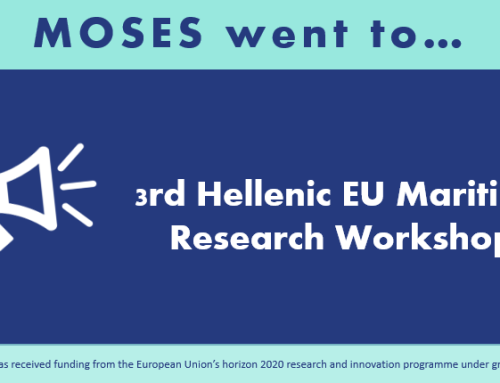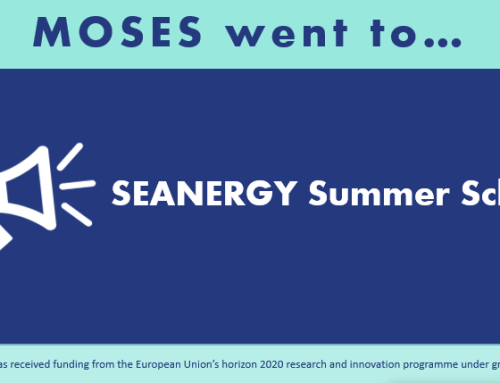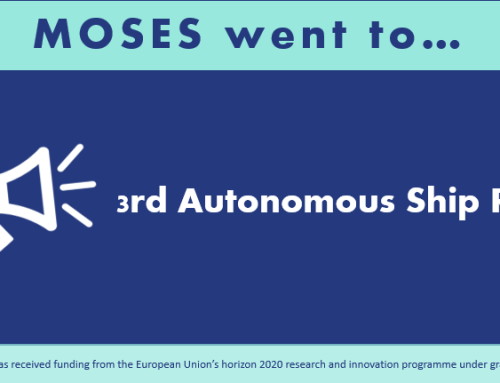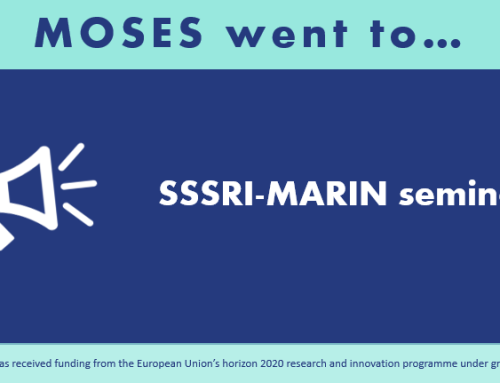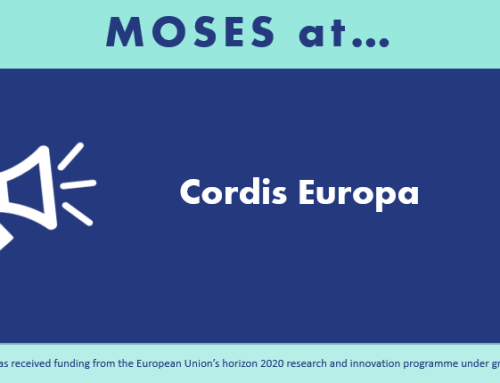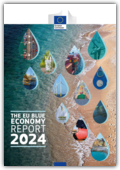
The seventh edition of the EU Blue Economy Report 2024, presented in a fresh format, persists in thoroughly examining the scale and breadth of the Blue Economy within the European Union (EU).
Its primary aim remains to offer guidance to policymakers and stakeholders in fostering the sustainable advancement of oceans and coastal resources, aligning closely with the principles of the European Green Deal (EGD). By providing economic insights, the Report also aims to inspire potential investors. This seventh edition of the Report focuses on a summarised data analysis, trends and drivers of the Blue Economy sectors.
The analysis of the sectors Marine living and non-living resources, Marine renewable energy (offshore wind), Port activities, Shipbuilding and repair, Maritime transport and Coastal tourism is based on data collected by the European Commission from EU Member States and the European Statistical System. Specifically, fisheries and aquaculture data were collected under the EU Data Collection Framework (DCF); data for the other sectors are taken from Eurostat Structural Business Statistics (SBS), PRODCOM, National Accounts and tourism statistics.
Along with these sectors, the reader can find relevant information on innovative Blue Economy sectors, namely Desalination and Blue biotechnology. These sectors offer significant potential for economic growth, sustainability transition, as well as employment creation. Comparable data are not yet fully available in the public domain, and therefore data presented in the Report for these sectors come from various sources. This year’s Report also includes special sections on Energy Transition and Climate Change in the EU Maritime transport sector, on the EU fishing fleet and the partnership in fisheries and aquaculture, as well as a section on Coastal flood impacts due to climate change along the EU27 coastline, with a particular reference to the EU Outermost Regions.
This edition will continue taking advantage of the EU Blue Economy Observatory platform, which provides more timely and regular updates of the Blue Economy data per sector, EU-27 Member State and sea basin. Further analysis will be published throughout the year, as the most recent data become available, and sectors or topics gain more relevance. Analyses are given for the EU-27 as a whole and by sector and industry for each Member State. An initial regional analysis is also envisaged, to be completed within the EU Blue Economy Observatory.
MOSES, along with AEGIS & AUTOSHIP EU projects are mentioned as part of the EU Blue Economy Report 2024.
The report is available here.
A press release from WATERBORNE is available here.
The aforementioned info has been retrieved from here.



